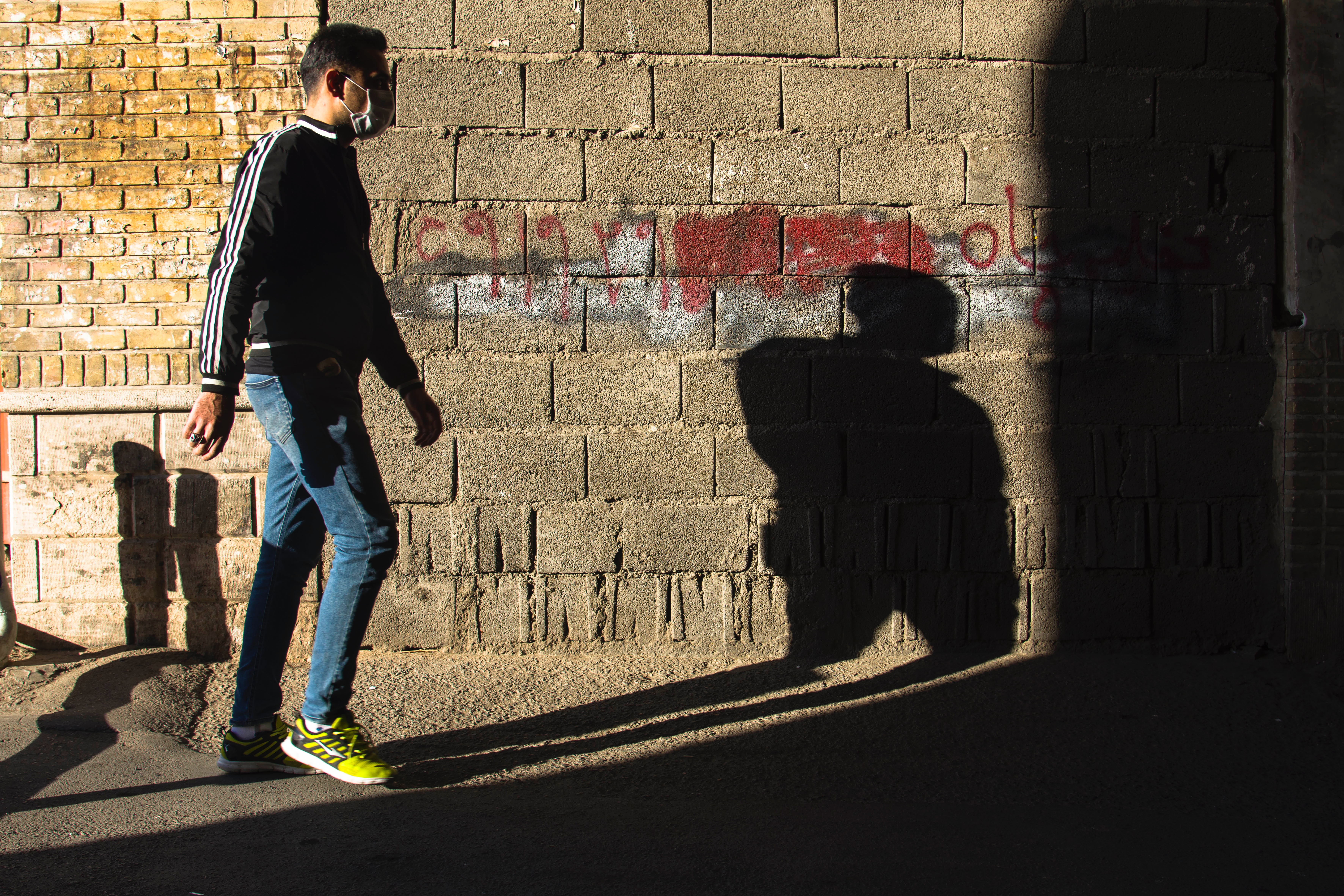Sadiq Khan: Londoners from BAME backgrounds should receive Covid-19 vaccines first

London’s Mayor has said that black and ethnic minority Londoners have suffered most from the pandemic and as such should be on a priority list once the vaccines become available. Sadiq Khan pointed out that there is evidence that BAME communities in the capital have been more vulnerable when it comes to becoming ill or dying. Whilst the Joint Committee on Vaccination and Immunisation has recommended that the vaccine should be distributed depending on age groups, Mr Khan has also requested for ethnicity to be included as a factor. “I have asked for additional things to be factored in, and that includes concerns I have got around black, Asian, ethnic minority Londoners who disproportionately suffered during the deaths we saw in March, April, May and June,” Mr Khan commented in front of BBC London radio.
IZA World of Labor contributors Graziella Bertocchi and Arcangelo Dimico have also looked at the racial and ethnic disparities in the face of the Covid-19 pandemic, and have drawn similar conclusions about the disproportionate impact of Covid-19 on minorities in their opinion piece:
“In the UK, the racial issue jumped to public attention early on, as the first 11 doctors who died from Covid-19 were all reported to belong to black, Asian, and minority ethnic (BAME) communities. The largest epidemiological study thus far on the racial impact of Covid-19, based on medical records collected by NHS England for more than 17 million individuals, confirms that pre-existing medical conditions are associated with a higher risk of death, but also that they cannot explain it in full, suggesting a major role for socioeconomic factors.”
“[…] [T]he consensus is that race differentials are also associated with socioeconomic disadvantages reflecting living and working conditions. Not only does a large share minorities live in poor areas characterized by high unemployment, low housing quality, and unhealthy living conditions, but they are also not as able to adhere to social distancing restrictions, whether because of within-community social norms or because of living in more densely populated areas.”
According to findings from Public Health England, black women are more than twice as likely as white women to become ill with Covid-19, and black men – almost three times as likely as white men. When measuring death rates from the pandemic, the rates for white ethnic groups were much lower, compared to the death rates within BAME communities. “[O]ne of the things we have got to do is give Londoners the confidence it’s worth getting this vaccine, and also make sure that the most vulnerable – the most likely to catch the virus and, God forbid, die – get the vaccine first,” Mr Khan commented.
A survey conducted by the London Assembly health committee has established that as many as a quarter of those living in London are unlikely to want to get the vaccine done. The concerns of almost half of the 700 Londoners who participated in the poll revolved around the fact that they either did not trust government guidance or the drug companies. Those residing in east London were the least willing to get vaccinated, according to the survey results and the 45-54 age group was the one with most respondents who ticked the box to say that they are not likely to get the jab.
Read Graziella Bertocchi and Arcangelo Dimico’s opinion piece Racial and ethnic disparities in the face of the coronavirus.
Find more IZA World of Labor coronavirus content on our curated topics pages: National responses to Covid-19 and Covid-19—Pandemics and the labor market.